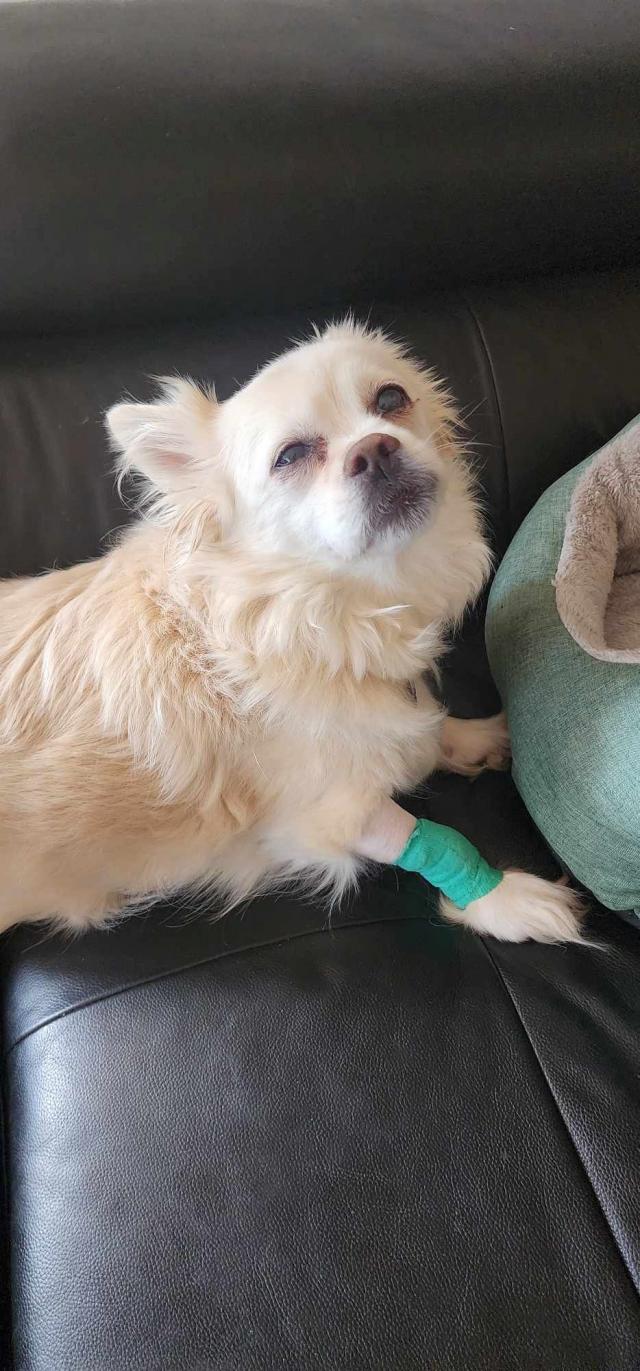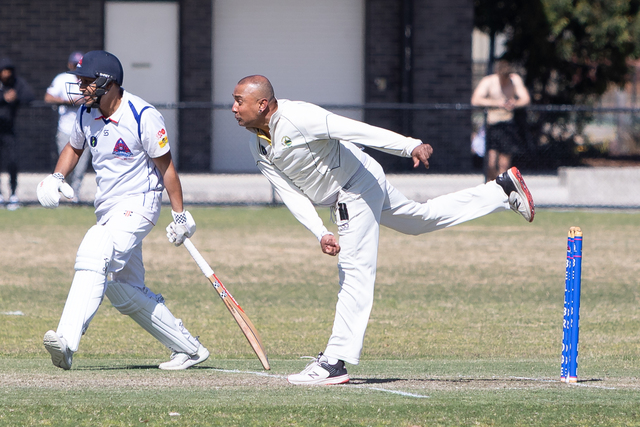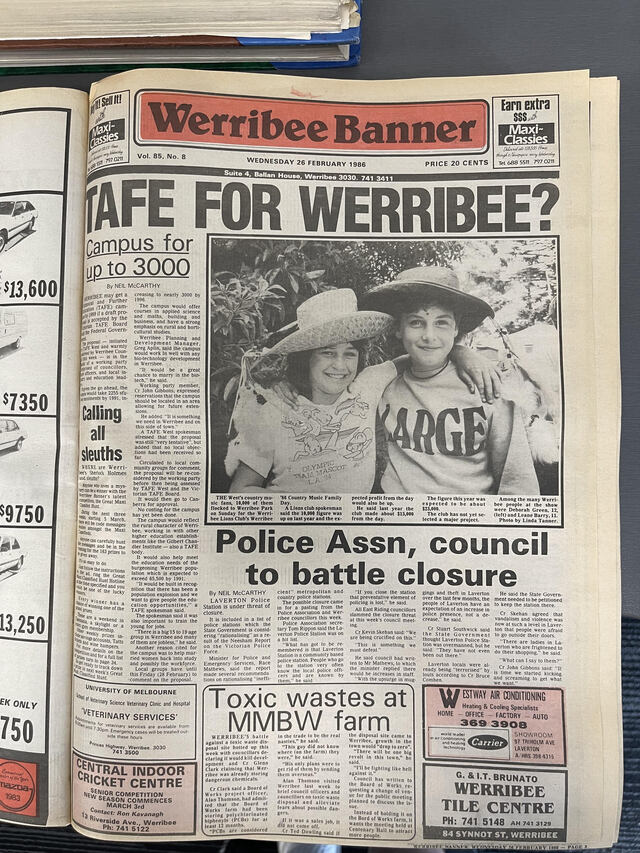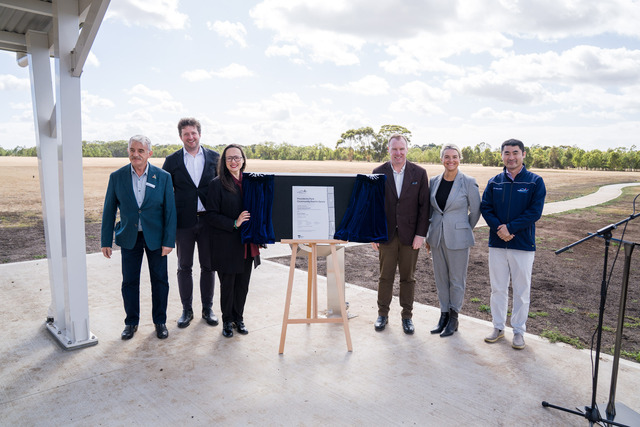Vets at Greencross Vet Hospital in Werribee are urging pet owners to stay vigilant and to keep their gardens free from overgrowth as it treats three to five dogs or cats daily for snake bites.
The change of season and warmer weather brings the snakes out from hiding as they love to sunbake but not get too hot.
Clinical director at Greencross Vet Hospital Dr Liam Donaldson says owners domestic pets need to be extra cautious during spring.
“Primarily it’s dogs who are presenting with snake envenomation, but it’s also not uncommon to also see cats. We have even had a rabbit who suffered tiger snake envenomation – luckily the owners were aware and brought the little one in quickly for treatment,” he said.
His team at Greencross Vet Hospital are seeing several tiger and brown snake bite cases in and around the western Melbourne area.
Bites from either snake type can result in respiratory paralysis and a coagulopathy; an inability to clot blood that can be rapidly fatal if not immediately treated.
Dr Donaldson is warning owners to look out for signs of envenomation as early as possible, and to always bring them in for professional assessment.
“In dogs we commonly see vomiting and collapse before a very quick recovery. This recovery is only short lived, before the toxin has its most fatal effect of causing breathing paralysis,” he said.
“Sometimes pet owners feel that their pet has recovered following the initial period of collapse, only to find an hour or two later that their pet is struggling to breathe. Dogs also often present with dilated pupils and a wobbly gait or an inability to walk.”
He urged pet owners to keep their gardens clean and free from overgrowth as snakes like to hide in cool places and an overgrown garden creates the perfect hiding spot.
“Pet owners should not under any circumstances handle a snake if their pet has been bitten, leave it be and immediately take your pet to your closest animal hospital,” says Dr Donaldson.


















